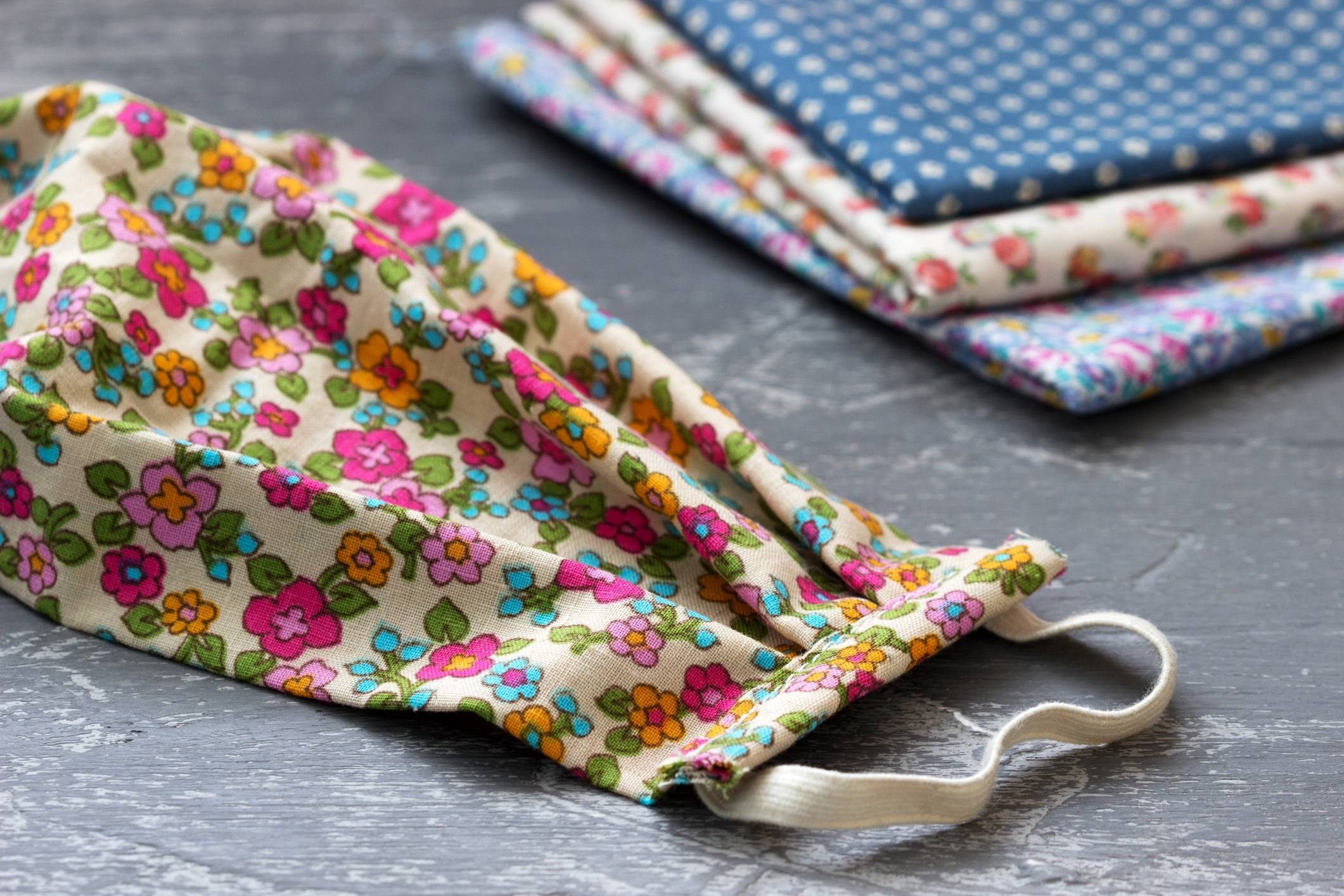As the number of people infected with COVID-19 rises sharply across North America and more deaths are recorded, new information about how the virus spreads is coming to light. Even those who don’t have any symptoms of illness could be spreading infection to their loved ones, according to a recent Centers for Disease Control and Prevention Morbidity and Mortality Weekly Report.
Authors of the report found that following the introduction of SARS-CoV-2 into a long term care facility by a health care worker, it was discovered that about half of residents who had a positive test result were asymptomatic or pre-symptomatic on the day of testing. The findings show that symptom-based screening may not identify all infections and as a result, all health care workers should be wearing personal protective equipment while caring for vulnerable older adults.
Another new study, published in JAMA Insights, finds that coughs and sneezes may project particles much further into the air than once thought; 6 meters for a cough and up to 8 for a sneeze, according to a recent ABC Australia news report. Given that the current recommendation is a 2-meter separation distance between people, masks may further help prevent transmission of the disease.
The CDC now recommends that all people wear cloth face coverings in public settings like grocery stores and pharmacies to slow the spread of the virus. While voluntary, cloth face coverings may help prevent people who have the virus but don’t have any symptoms from spreading it to others. It is not advised that people wear surgical masks or N-95 respirators as these should be reserved for health care workers.
Face masks should be washed regularly and people should avoid touching their eyes, nose and mouth when removing their face covering and wash hands immediately after. Cloth masks can be fashioned from a bandana, a coffee filter and rubber bands or hair ties. The CDC also provides an online tutorial for sewed and no-sew methods of creating a face covering.
To help stem the spread of COVID-19 and protect elderly adults and people with underlying health conditions, it’s important to avoid all social contact with anyone you do not currently live with. Even without symptoms, it is possible to transmit the virus to someone. And although it may be difficult, visiting grandparents or other loved ones puts them at risk.
Only go out if absolutely necessary, avoid any area, even outdoors, that is crowded and practice good hand and respiratory hygiene. If you are feeling sick, call your doctor or emergency room ahead of a visit for further instructions.
Check out Apple’s App Store or Google’s Play Store for Health Canada’s Canada COVID-19 app to stay informed and receive timely updates.






Add Your Voice
0 Comments
Join the Discussion